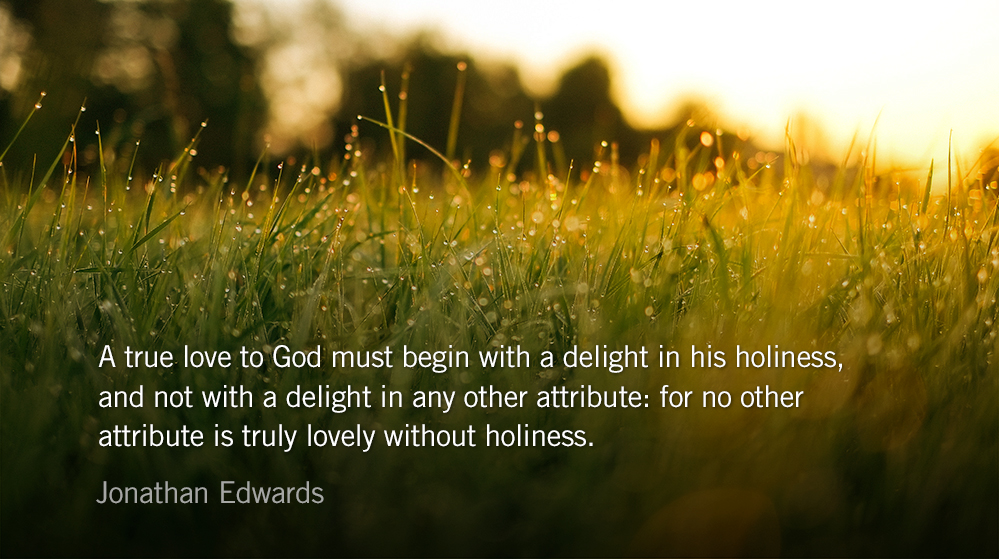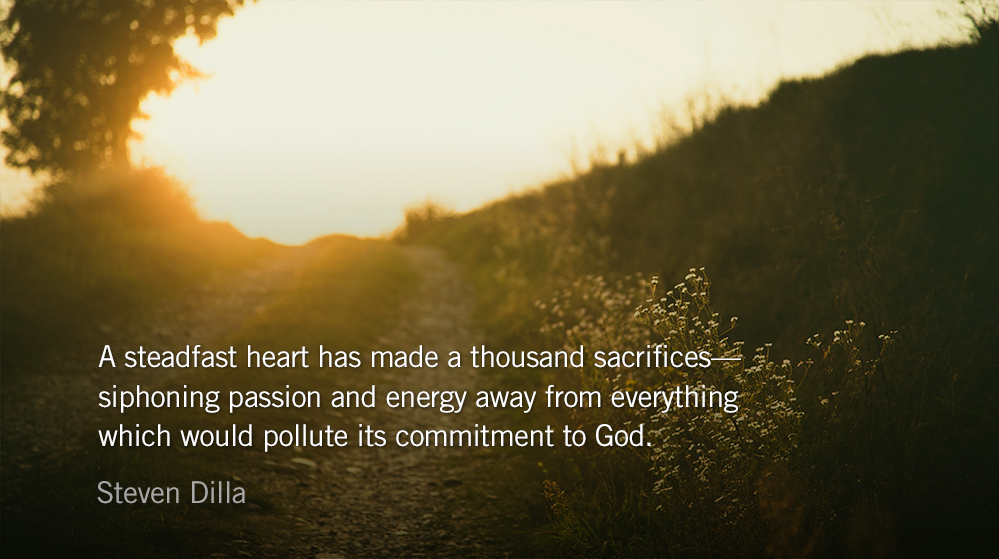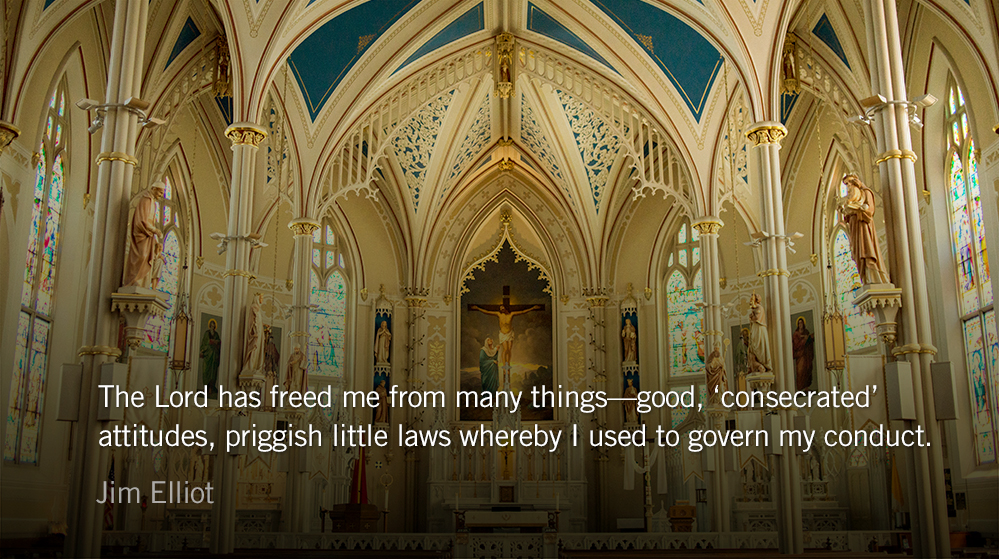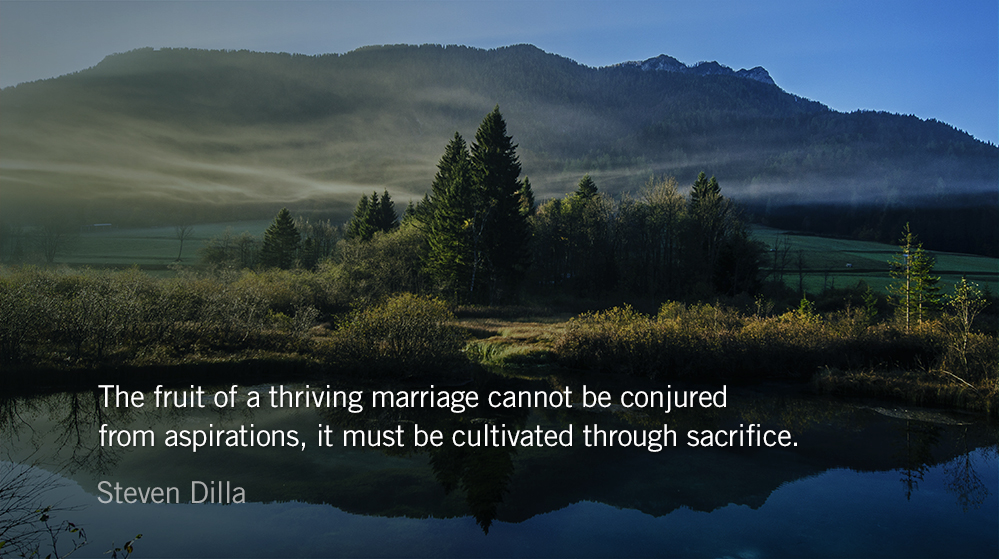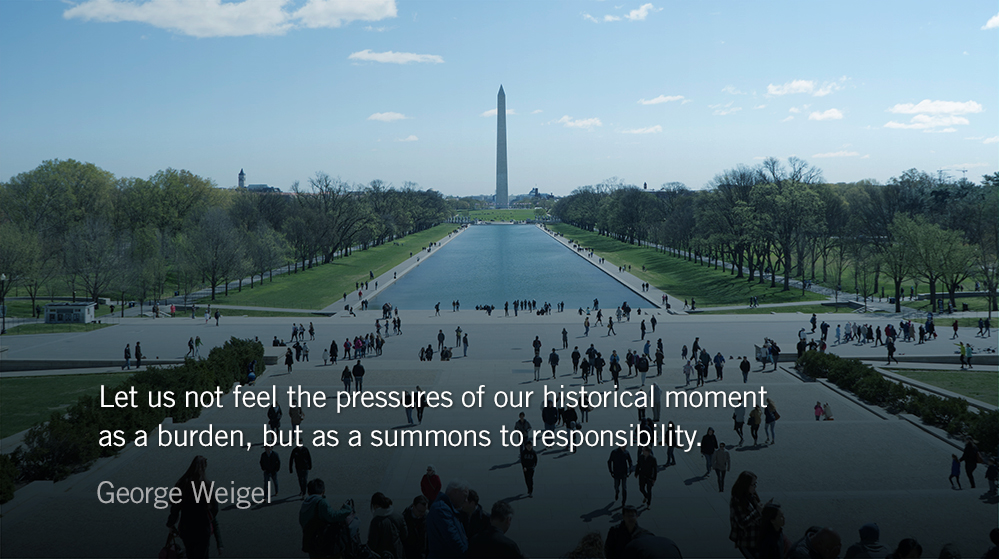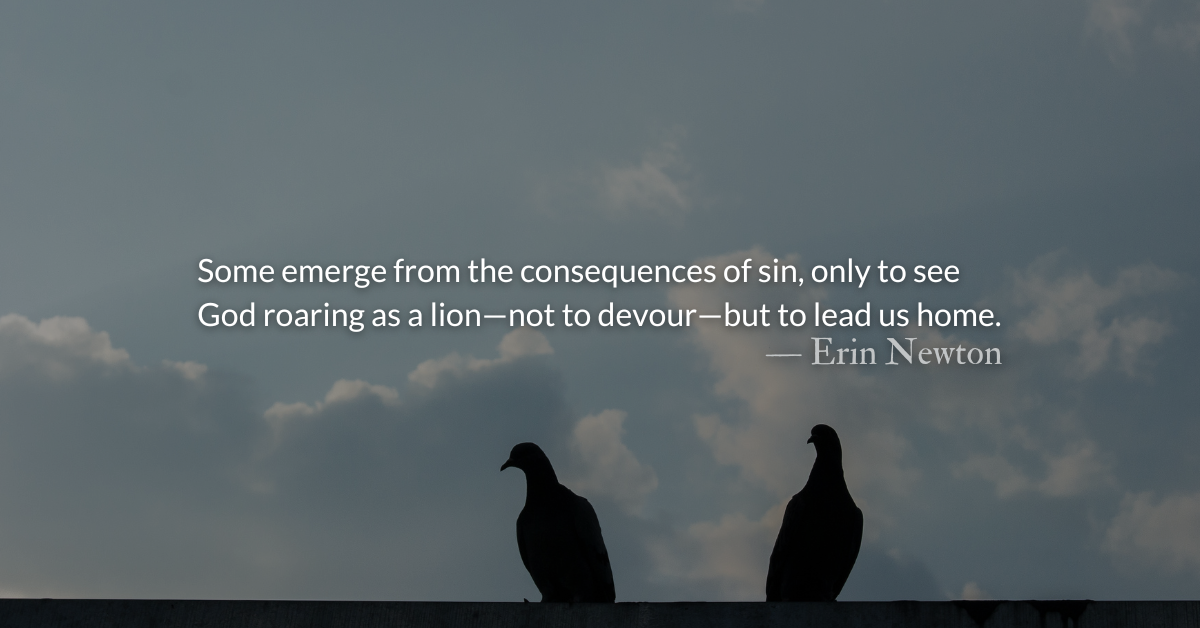By Jonathan Edwards (1703-1758)
Full of splendor and majesty is his work, and his righteousness endures forever. — Psalm 111.3
Holiness in man is but the image of God’s holiness. Surely there are not more virtues belonging to the image than are in the original. Those affections that are truly holy are primarily founded on the moral excellency of divine things. In other words, love of the divine things—for the beauty and sweetness of their moral excellency—is the spring of all holy affections.
The word moral is not to be understood according to the common acceptation: as outward conformity to the duties of the moral law. It is this holiness that gives beauty to natural perfections and qualifications.
The holiness of God is the same with the moral excellency of the divine nature: comprehending all his moral perfections, righteousness, faithfulness, and goodness. As in holy men—Christian kindness and mercy belong to their holiness—the kindness and mercy of God belong to his holiness.
Strength and knowledge do not render any being lovely without holiness, but more hateful; though they render them more lovely when joined with holiness. Thus the elect angels are the more glorious for their strength and knowledge, because these natural perfections of theirs are sanctified by their moral perfection. But though the devils are very strong, and of great natural understanding, yet they are not the more lovely. They are more terrible, indeed, not more amiable; but on the contrary, the more hateful.
The holiness of an intelligent creature is the beauty of all his natural perfections. And so it is in God, according to our way of conceiving of the Divine Being: holiness is in a peculiar manner the beauty of the divine nature. Holiness renders all his other attributes glorious and lovely.
It is the glory of God’s wisdom—it is a holy wisdom—and not a wicked subtlety. This makes his majesty lovely, and not merely dreadful and horrible—it is a holy majesty. It is the glory of God’s immutability—it is a holy immutability—and not an inflexible obstinacy in wickedness.
Any vision of God’s loveliness must, therefore, begin here. A true love to God must begin with a delight in his holiness, and not with a delight in any other attribute: for no other attribute is truly lovely without holiness.
* Abridged and language updated from The Works of Jonathan Edwards, Div. VIII, Part III, Section III.
Today’s Reading
Daniel 5 (Listen – 5:47)
Psalms 110-111 (Listen – 1:57)

